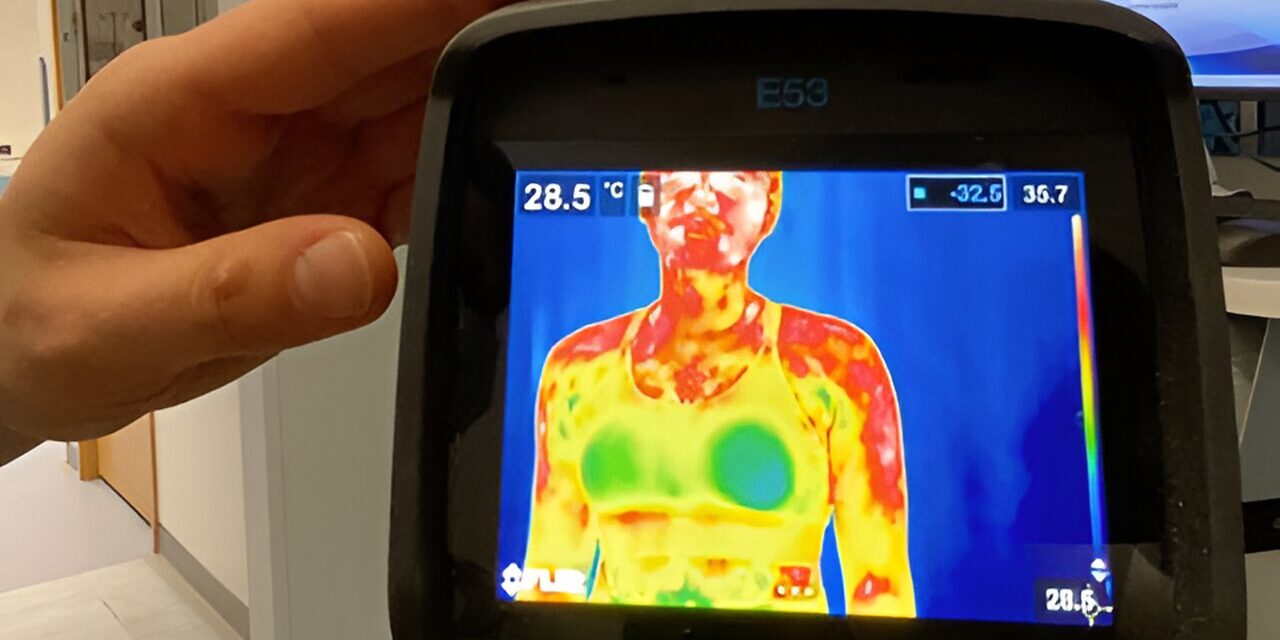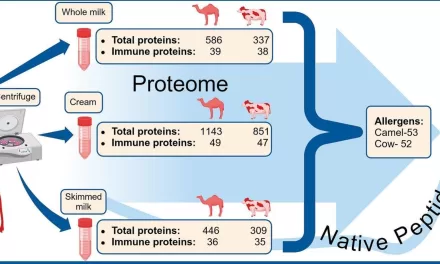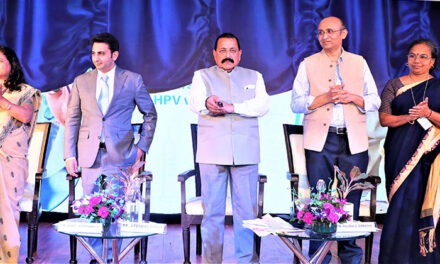New Delhi: More than 14.6 crore women across India have been screened for breast cancer, while over nine crore women have undergone screening for cervical cancer, Union Health Minister J P Nadda informed the Lok Sabha in a written response.
Citing data from the National Non-Communicable Diseases (NCD) portal, Nadda reported that 57,184 women have been diagnosed with breast cancer, with 50,612 currently receiving treatment. Similarly, 96,747 women were diagnosed with cervical cancer, and 86,196 are under treatment.
The National NCD Portal, established in 2018 under the National Programme for Prevention and Control of Non-Communicable Diseases (NP-NCD), is a government initiative designed to screen, manage, and ensure continuous care for five major non-communicable diseases, including breast and cervical cancer.
The NP-NCD, launched in 2010 by the Department of Health and Family Welfare, aims to address the rising burden of NCDs such as hypertension, diabetes, oral cancer, breast cancer, and cervical cancer. The programme focuses on infrastructure development, human resource training, health promotion, early diagnosis, management, and referral to appropriate healthcare facilities.
Under this initiative, the government has established 770 district NCD clinics, 233 cardiac care units (CCUs), 372 district day care centers, and 6,410 NCD clinics at community health centers across the country, Nadda stated.
The Department of Health and Family Welfare continues to extend technical and financial assistance to states and Union Territories under the NP-NCD as part of the National Health Mission (NHM). The programme emphasizes strengthening healthcare infrastructure, improving human resource capacity, early diagnosis, referral for treatment, and health promotion to prevent NCDs.
Additionally, Accredited Social Health Activists (ASHA) administer a community-based assessment checklist (CBAC) to individuals aged 30 and above to identify those at high risk of NCDs. These high-risk individuals are subsequently referred for screening as part of comprehensive primary healthcare under NHM, according to Nadda.
Disclaimer: This article is based on information provided by the Union Health Minister in the Lok Sabha and the National Non-Communicable Diseases portal. The statistics and details mentioned are sourced from official government data. Readers are advised to refer to the Ministry of Health and Family Welfare for further updates and clarifications.











